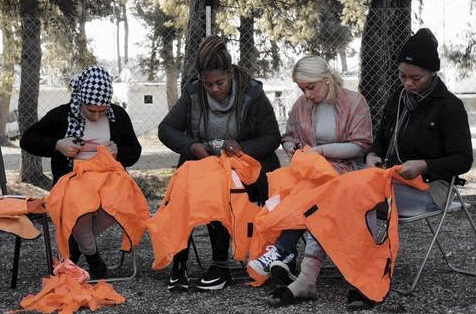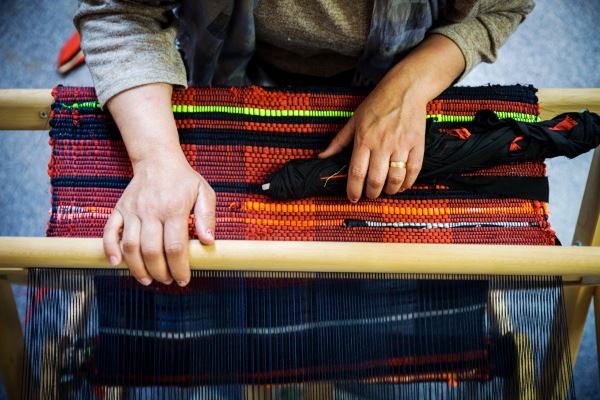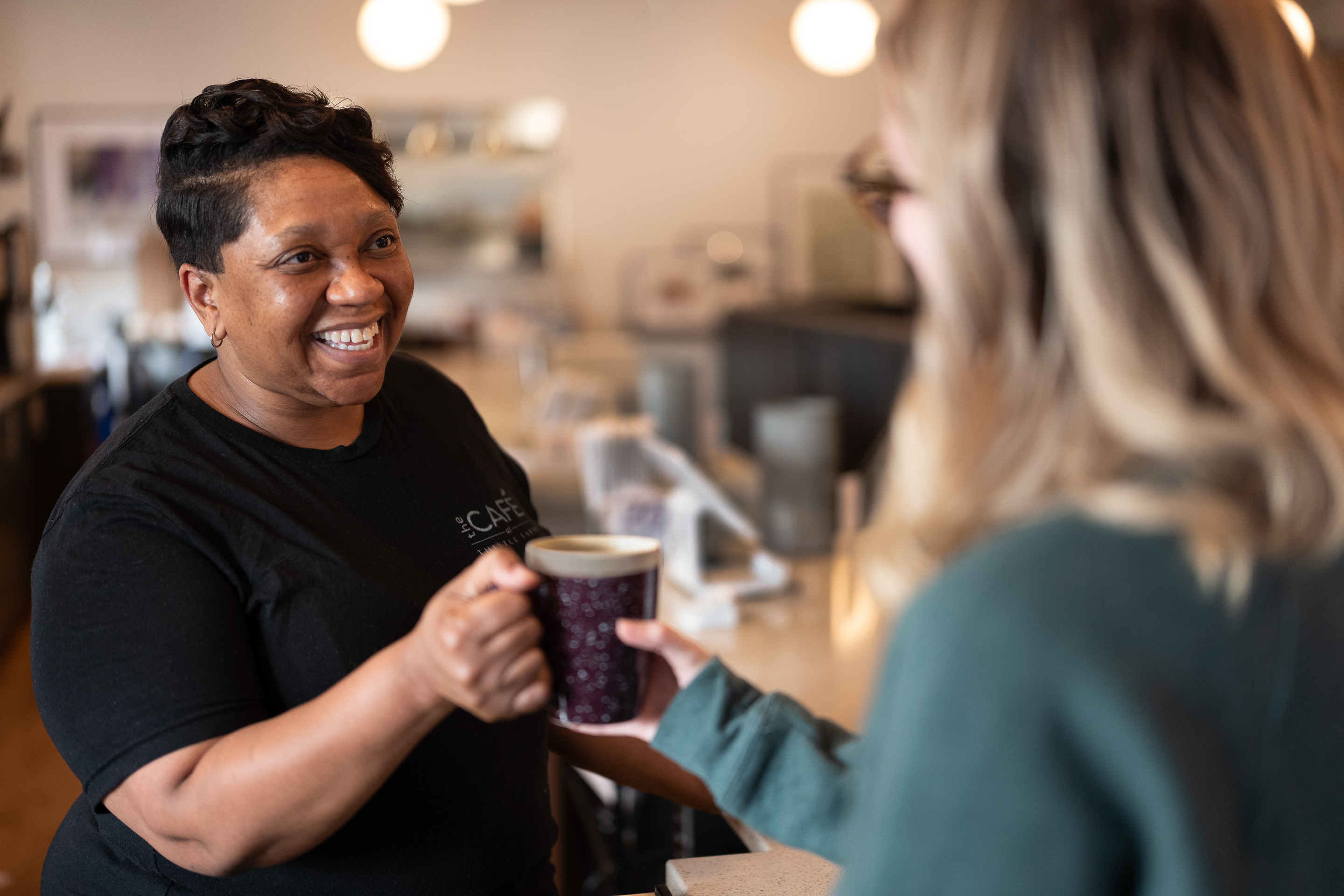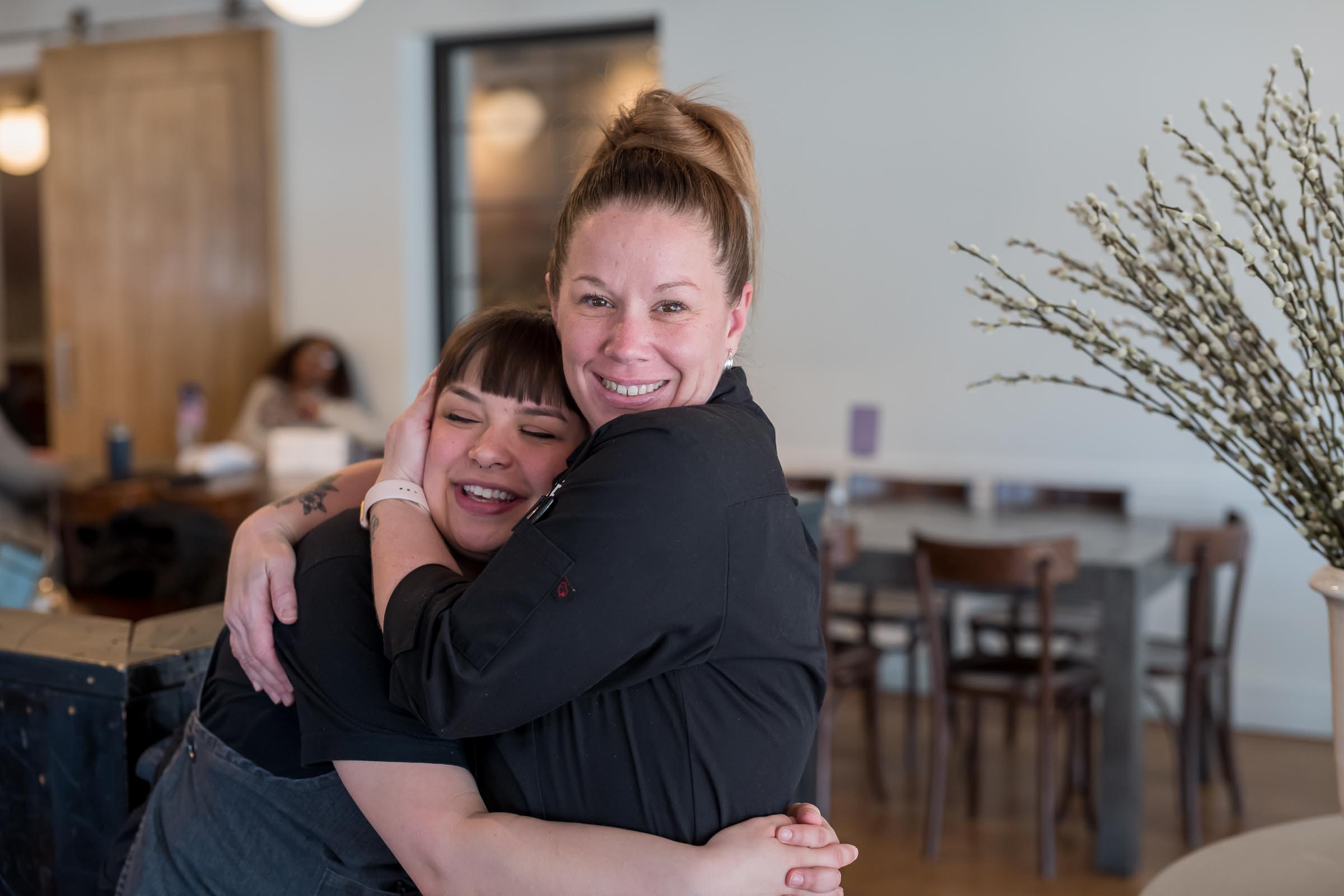I was sitting in the Café at Thistle Farms, a justice enterprise in Nashville, TN, marveling at the line snaking out the door. People are coming from all over to sip a cup of tea with fancy scones made by women survivors of trafficking and addiction.
They come in part because the ambiance is stunning and the tea is tasty. They also come because they feel love built into the foundation of this café and people long to put their money where their values are.
Love is a powerful message for businesses to incorporate into their core values and strategic thinking. Love as a foundational verb has enabled me to launch 10 justice enterprises around the world, and raise more than 55 million in private dollars. I believe love is the most powerful force for long-lasting change in the world.
The economy of love grows exponentially. Love is practical, relevant, and influences the distribution of wealth and resources, as well as the production and consumption of goods and services.
I believe you can create and grow economies of love that have an impact on people’s lives. You can make love, just like you can make money.
Emotions are fundamental in everything that humans do, including business. Love is an emotion that increases the intelligence of the whole company or community. It deepens our stories, increases our interactions, and drives the mission to thrive. Love expands not only intelligence but also creativity. When businesses state Love as a core value, employees and stakeholders are more invested as they buy into the mission as well as the product. Love returns autonomy, responsibility, and thus freedom to individuals and institutions.
Love is not so much a special thing, it is quite an ordinary thing that allows extraordinary work to transpire.
The news that there is a rich economy of love that changes markets and culture is old news. Everything I needed to learn about starting justice enterprises I learned going to church “bazaars” with my mom.
The model is simple—a group of women wants to raise $1,000 for a justice initiative. They could take up an offering, ask a wealthy woman, or ask the church. Instead they hold a bazaar. At the end of the day, the $1,000 has been raised in what appears to be a non-efficient way: women hand-made and sold goods to each other. It took a lot of time and cost them $600 in raw goods.
But much more happened then can be recorded. Everyone that came shared their talents and felt better about themselves. Bonds were made, ownership spread, and the bazaar doubles its returns year after year as whole communities are changed by simple market that started with love.
Dorothy Day, the founder of the Catholic Worker movement, spoke of how extravagance belonged in the work of charity. She taught me and thousands of impressionable young entrepreneurs that we had to find a way to make love relevant, practical, and extravagant—no matter if we were running a business, a church, or starting a movement.
Whatever we did, we needed to do it with love so that it could be powerful and deep enough to have an impact.
The more loving justice issues are articulated, the better the enterprise does. If we approach the work of justice and business only by force and debate, the impact is lessened. When we invite people into creativity in the name of love, there is openness and engagement.
Four years ago a group from Thistle Farms joined hands with women survivors in Greece to start a justice enterprise in a refugee camp there. Women refugees began to weave life vests and blankets, used in the escape from Syria, into welcome mats. It was loving, practical, and relevant, all the requirements of creating a powerful story with an economic impact.
Established organizations warned us it wouldn’t work and hiring refugees would cause a riot in the camp. But a few years later, under the name Love Welcomes, thousands of mats have been woven and sold, to consumers around the world; and the not-for-profit has helped more than 500 women work towards independence. It’s the bazaar that is scalable and sustainable.


As women sit and strip old life vests and blankets, they share stories. They talk about hopes for their kids and the camp. They imagine how they are going to reunite their family. Consumers in turn buy the $100 mat, and well-known figures like artist Banksy and guitarist The Edge have collaborated on products—because they all long to be part of a loving story.
It is a mission with a business, not a business trying to find its mission. The mission is to love the world.
The economy of love is a good business model, a smart way to use resources, and it can change our world. No matter what your business or what you are selling, love can be its organizing force. We participate in the love economy when we take the time to know where our products are sourced, how they are made, and who benefits.
We need to put our money where our values are and then sustain these economies. That is how love heals.




